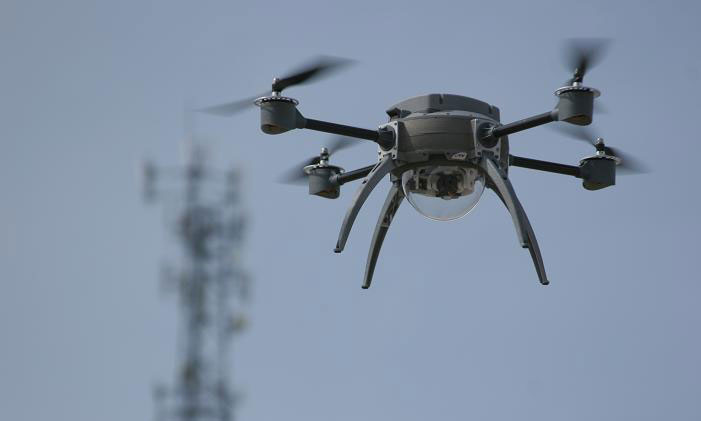
Drone Privacy Concerns Have Some Associations on Defensive
While drone technology holds much potential to enhance law enforcement, privacy concerns have dogged the devices. Associations are making efforts to point out the positive uses of drones.
The devices may be small, but big concerns about drones and privacy have emerged in recent months, and they’re only getting bigger.
Associations in industries with an interest in surveillance programs using drones, including law enforcement and aerospace, have spoken up to defend the practice in the face of ongoing controversy. More details:
Why now? Two things brought the issue of domestic drones to the attention of a larger audience. First, privacy groups have upped their game in recent months, raising public awareness ahead of the Federal Aviation Administration’s plan to legalize use of civilian drones within the next few years. (As a result, the issue has blown up in a number of areas of the country, most notably Seattle.) And second, a filibuster that held up the confirmation of CIA chief John Brennan by Sen. Rand Paul (R-KY) largely focused on concerns around the separate issue of the potential use of drones to kill American terrorism suspects on U.S. soil.
[Drones] clearly have so much potential for saving lives, and it’s a darn shame we’re having to go through this right now.
Privacy concerns: One of the key groups arguing against widespread drone usage is the Electronic Privacy Information Center, whose Amie Stepanovich recently made her concerns known to a Senate panel. “High-rise buildings, security fences, or even the walls of a building are not barriers to increasingly common drone technology,” she said, according to the Associated Press. EPIC recently launched a petition asking the U.S. Bureau of Customs and Border Protection to limit the use of unmanned aircraft for purposes of patrolling the border. Other groups speaking out against the use of drones include the American Civil Liberties Union [PDF] and the Electronic Frontier Foundation.
Association reaction: The Airborne Law Enforcement Association’s Stephen Ingley, meanwhile, says the concern is overblown and holding up deployment of the devices for important law enforcement purposes. “[Drones] clearly have so much potential for saving lives, and it’s a darn shame we’re having to go through this right now,” he told the AP. In an article for U.S. News and World Report, Ingley went further, arguing that the devices law enforcement officials would like to use are imperfect for consistent surveillance due to the short periods they would actually work, around 15 minutes. Meanwhile, Clay Thomas of the Association for Unmanned Vehicle Systems International suggests that the group will respond to controversy over the devices by pointing out their mundane, cost-saving uses, such as in surveying. “Now that there’s been this backlash, we’re in reaction mode,” he told U.S. News.
Do you think the privacy concerns about drones are significant? Let us know your thoughts in the comments below.
(Dkroetsch/Wikimedia Commons)






Comments